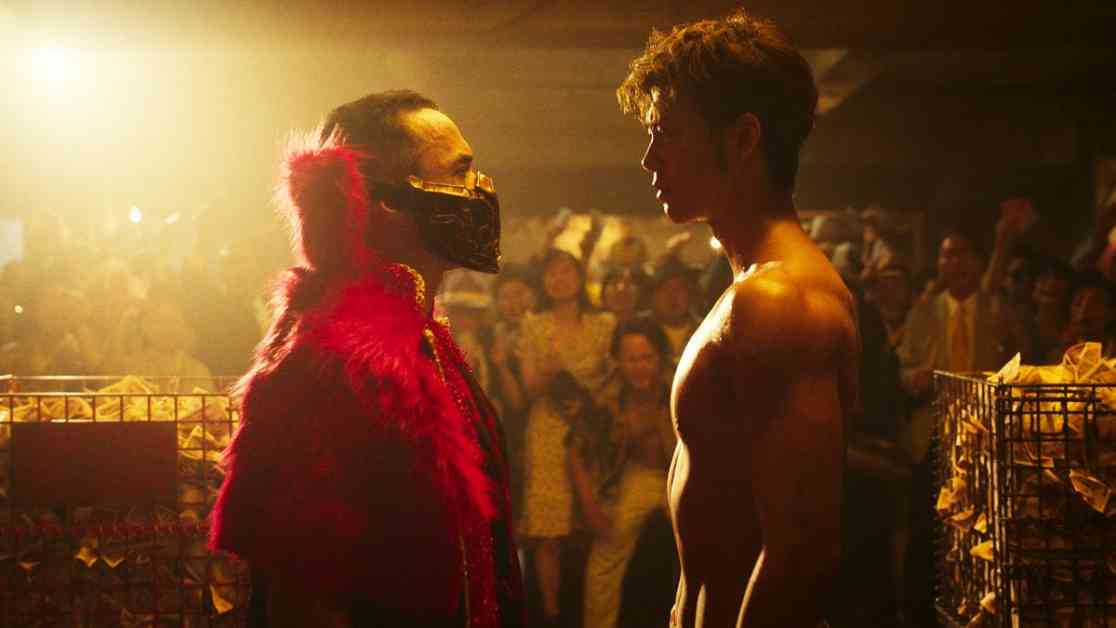Amazon MGM’s adaptation of the Yakuza video game series, titled Like A Dragon: Yakuza, aims to bring the beloved game to the world of prestige television. The Yakuza games are known for their quirky characters and unexpected encounters, but translating this essence into a TV show proves to be challenging. While the decision to loosely adapt the first Yakuza game is a wise one, the show struggles with muddled storytelling and shallow character development.
The series opens with a heist involving protagonist Kazuma Kiryu and his friends, setting the stage for a narrative that initially seems focused on the struggles of orphaned kids trying to escape their harsh reality. However, the story quickly deviates into a series of events that lead the characters to join the yakuza without delving into their motivations or backgrounds. Kiryu’s characterization is particularly lacking, failing to explore his reasons for wanting to join the yakuza and making his transformation feel forced and unconvincing.
Despite these shortcomings, Like A Dragon: Yakuza shines in its fight choreography and captures the chaotic energy and over-the-top violence of the Yakuza games. However, the show’s narrative lacks depth and fails to address social injustices or corruption, which are prevalent themes in the original games. The series briefly touches on the exploitation of women in the hostess club industry, but this theme is not fully integrated into the overall story.
As the series progresses, it struggles to build emotional connections between the characters, leading to pivotal moments feeling hollow and lacking impact. The show’s attempt to introduce a conspiracy plot involving organ trafficking adds complexity to the narrative but falls short due to underdeveloped character relationships. The decision to recontextualize Nishiki’s storyline and focus on the bonds between the main characters is a positive change from the original game’s problematic narrative involving sexual assault and objectification of female characters.
The series culminates in a climactic showdown between Kiryu and Nishiki, with unexpected twists and revelations that set the stage for a potential second season. The final moments of the show highlight the strength of female characters in resolving conflicts and driving the story forward, offering a refreshing perspective in a male-dominated narrative.
Overall, Like A Dragon: Yakuza struggles to balance its ambitious storytelling with character development, resulting in a mixed viewing experience. While the show has its entertaining moments and impressive action sequences, it falls short in fully realizing its characters and themes. With the potential for a second season to further explore the dynamics between the main characters and delve deeper into social issues, Like A Dragon: Yakuza has the opportunity to evolve into a more cohesive and engaging series that stays true to its source material.
















